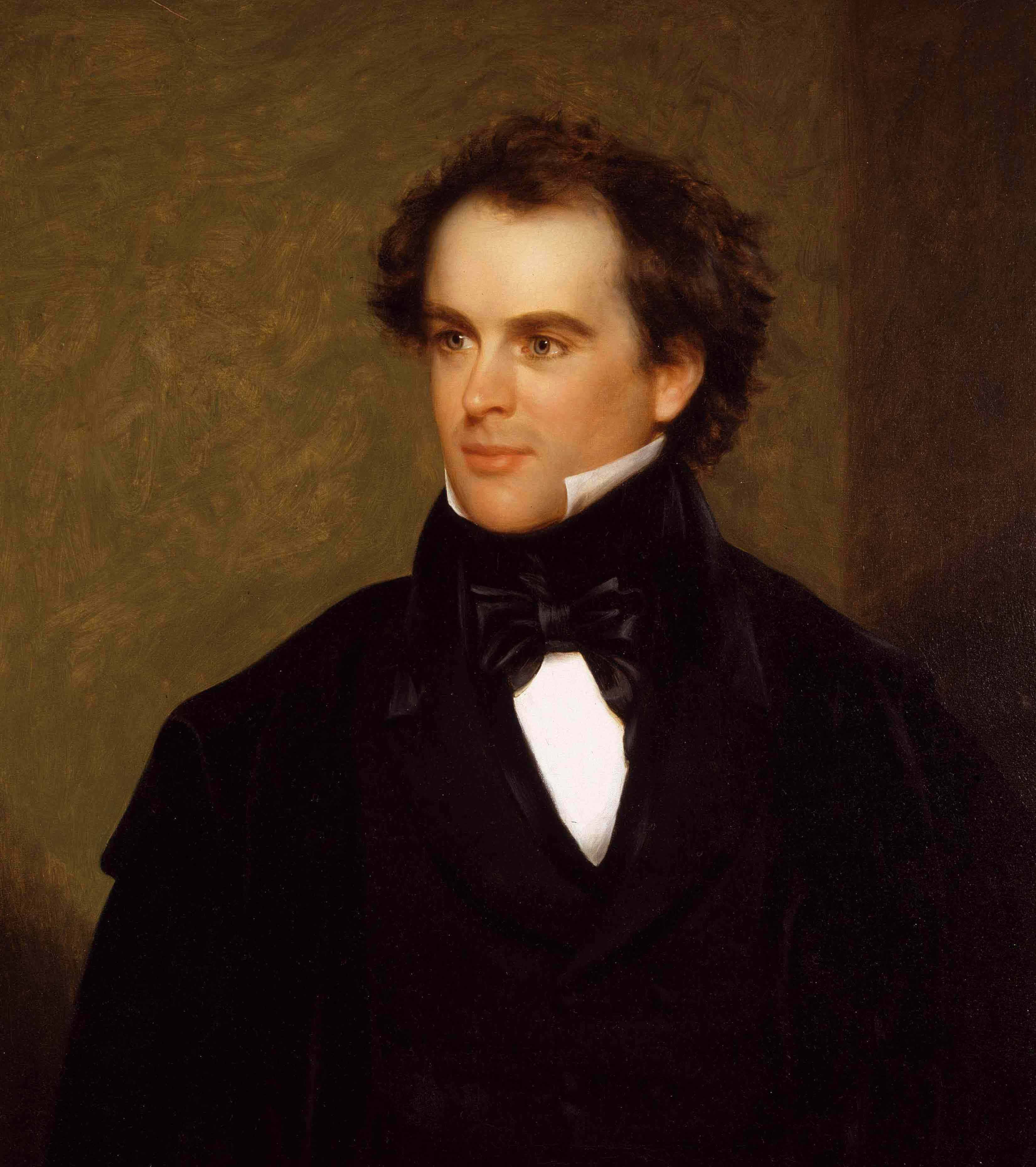Nathaniel Hawthorne najznámejšie citáty
Nathaniel Hawthorne: Citáty v angličtine
“A pure hand needs no glove to cover it.”
Zdroj: The Scarlet Letter (1850), Chapter XII: The Minister's Vigil
Zdroj: The House of the Seven Gables (1851), Ch. I : The Old Pyncheon Family
“Trusting no man as his friend, he could not recognize his enemy when the latter actually appeared.”
Zdroj: The Scarlet Letter (1850), Chapter X: The Leech and His Patient
Introduction: The Custom-House
The Scarlet Letter (1850)
“Let the black flower blossom as it may!”
Zdroj: The Scarlet Letter (1850), Chapter XIV: Hester and the Physician
"The Artist of the Beautiful" (1844)
Zdroj: The Scarlet Letter (1850), Chapter II: The Market-Place
“You are my evil spirit… you and the hard course world!”
as spoken by Owen Warland
"The Artist of the Beautiful" (1844)
"The Maypole of Merry Mount" (1836) from Twice-Told Tales (1837, 1851)
"The Artist of the Beautiful" (1844)
“"Never, never!" whispered she. "What we did had a consecration of its own."”
Zdroj: The Scarlet Letter (1850), Chapter XVII: The Pastor and His Parishioner
As quoted in "Hawthorne and His Mosses" (1851) http://www.eldritchpress.org/nh/hahm.html by Herman Melville
“Nervous and excitable persons need to talk a great deal, by way of letting off their steam.”
December 1853
Notebooks, The English Notebooks (1853 - 1858)
“The young have less charity for aged follies than the old for those of youth.”
"The Wedding Knell" (1837) from Twice-Told Tales (1837, 1851)
Zdroj: The Scarlet Letter (1850), Chapter IX: The Leech
Zdroj: The House of the Seven Gables (1851), Ch. XXI : The Departure
16 March 1854
Notebooks, The English Notebooks (1853 - 1858)
Twice-Told Tales, Preface http://www.eldritchpress.org/nh/tttpf.html (1851)
as spoken by Peter Hovenden
"The Artist of the Beautiful" (1844)
Zdroj: The Scarlet Letter (1850), Chapter V: Hester at Her Needle
Introduction: The Custom-House
The Scarlet Letter (1850)
Letter to William D. Ticknor (9 January 1855)
"The Artist of the Beautiful" (1844)
"Ethan Brand" (1850)
